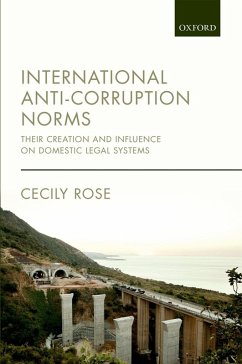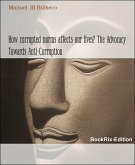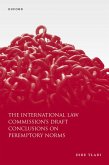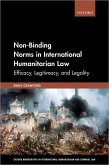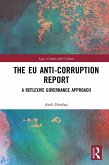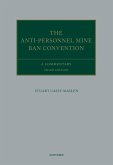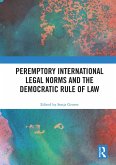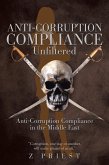This book traces the creation of international anti-corruption norms by states and other actors through four markedly different institutions: the Organisation for Economic Co-operation and Development, the United Nations, the Extractive Industries Transparency Initiative, and the Financial Action Task Force. Each of these institutions oversees an international instrument that requires states to combat corruption. Yet, only the United Nations oversees anti-corruption norms that take the sole form of a binding multilateral treaty. The OECD has, by contrast, fostered the development of the binding 1997 OECD Anti-Bribery Convention, as well as non-binding recommendations and guidance associated with treaty itself. In addition, the revenue transparency and anti-money laundering norms developed through the Extractive Industries Transparency Initiative and the Financial Action Task Force, respectively, take the form of non-binding instruments that have no relationship with multilateral treaties. The creation of international anti-corruption norms through non-binding instruments and informal institutions has the potential to privilege the interests of powerful states in ways that raise questions about the normative legitimacy of these institutions and the instruments they produce. At the same time, the anti-corruption instruments created under the auspices of these institutions also show that non-binding instruments and informal institutions carry significant advantages. The non-binding instruments in the anti-corruption field have demonstrated a capacity to influence domestic legal systems that is comparable to, if not greater than, that of binding treaties. With corruption and money laundering at the forefront of political debate, International Anti-Corruption Norms provides timely expertise on how states and international institutions grapple with these global problems.
Dieser Download kann aus rechtlichen Gründen nur mit Rechnungsadresse in A, B, BG, CY, CZ, D, DK, EW, E, FIN, F, GR, HR, H, IRL, I, LT, L, LR, M, NL, PL, P, R, S, SLO, SK ausgeliefert werden.

